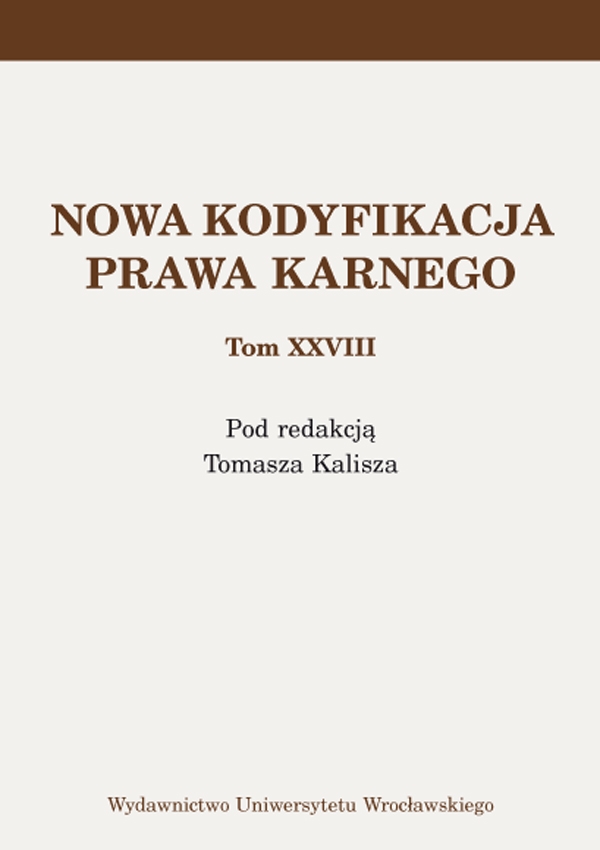

Artykuły

The nullum crimen, nulla poena sine lege principle and its restrictions in the case-law of the European Court of Human Rights
Nullum crimen sine lege literally translated as „no crime without law” is one of the pillars of the rule of law principle which is pivotal in the European system of protection of individual rights. It serves as a safeguard for individuals against arbitrary violation by the acts of public authority. Due to its fundamental nature, provision of the European Convention on Human Rights encapsulating discussed rule cannot be derogated. At the same time, the Convention allows for some restrictions in its use. This refers mainly to situations where an act is not punishable in the legal order of the state, while being prohibited by the international law. This paper provides an overview of the European Court of Human Rights case-law as well as acquis of the doctrine devoted to the abovementioned issue.